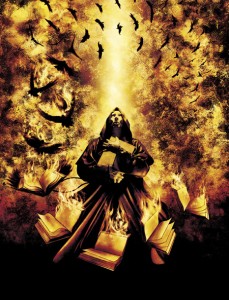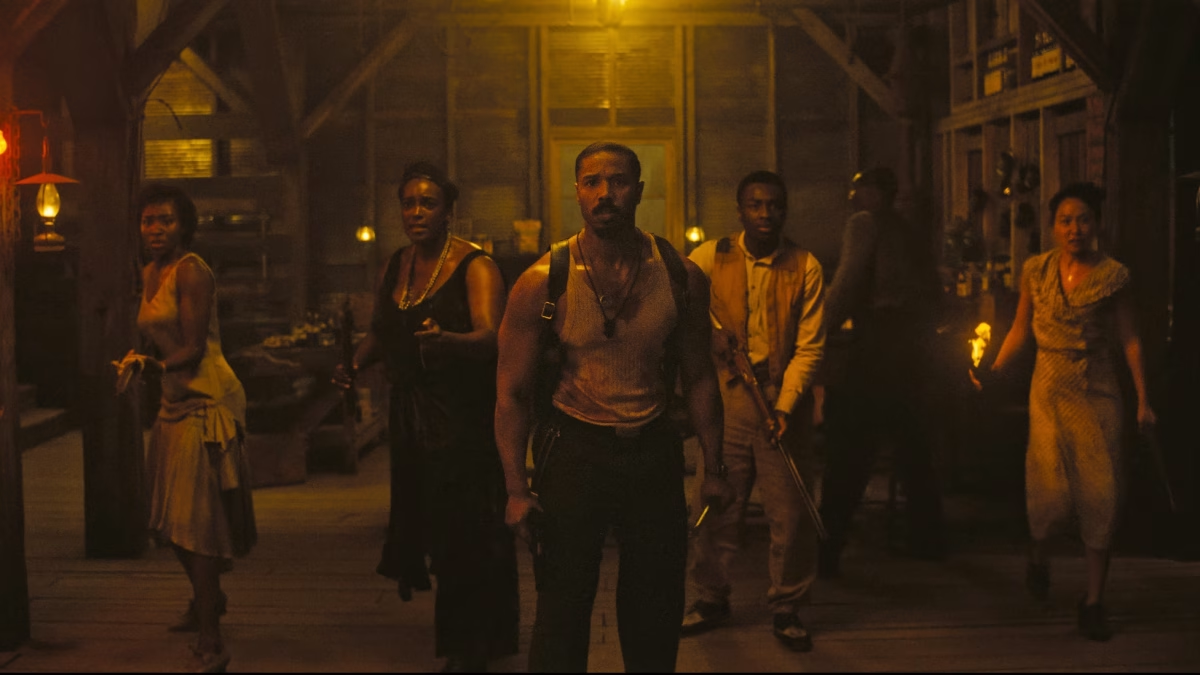“A Canticle for Leibowitz,” by Walter M. Miller (published 1959), was heavily influenced by the Cold War and Miller’s own World War 2 experiences. Living in a society reeling from conflict and in constant fear of nuclear annihilation, Miller channels its chaos into “Canticle,” where a full scale nuclear war has destroyed the world. He follows the eventual rebirth of humanity through the Order of Leibowitz, a brotherhood of monks who have managed to save and preserve valuable scientific texts. Although Canticle was written fifty years ago, its commentary on humanity is timeless— and perhaps all the more relevant as tensions around the world are once again increasing as Iran furthers its nuclear program.

The book is split into three novellas, each detailing a different time period. Millers walks the reader through humanity’s painstaking recovery to glory. We grow close to characters, observing their thoughts and actions; at the same time, we see the ephemerality and smallness of their lives. Take Brother Sarl, who after forty years “finished the fifth page of his mathematical restoration, collapsed over his desk, and died a few hours later.” Although Brother Sarl spent his life restoring five pages of text, those texts held valuable information vital to humanity’s revival in the future. A minuscule contribution, but a necessary one that took a lifetime. Watching as the omniscient, the reader sees that humanity is something to be appreciated; that our present is built upon the backs of the countless individuals, each of whom changed history in his own little way.
In stark contrast to all of this is the government portrayed in Canticle, which instead of appreciating humanity for its individuals, treats people as collective, faceless masses. People of other nations are collectively the enemy, and therefore it is acceptable to use a nuclear bomb against them.
Miller comically captured the essence of blind nationalist sentiment when he wrote, “Nevertheless, the Asian rulers had sent the first colony ship. Then in the West the cry was heard, ‘Are we to let the “inferior races” inherit the stars?’ There had been a brief flurry of starship launchings as colonies of black people, brown, white, and yellow people were hurled into the sky toward the Centaur, in the name of racism.”
He is satirizing the Space Race of his time, a competition that happened simply because they (the Soviet Union) couldn’t be better than us (the United States). When other nations are generalized as the collective “they”, they cease to be a collection of individuals. They are easily seen as a faceless enemy, that deserves to be beaten or punished. This makes it easier to commit senseless atrocities against them, like obliterating their cities with a nuclear blast.
Labeling the enemy as “them” is as old as history. But in the modern era, such a senseless tactic needs to be recognized and abandoned because our potential for destruction is so large. The United States alone has 5113 nuclear warheads as of 2012. With the flick of a switch, we can obliterate “their” cities and kill hundreds of thousands of “their” people, who in reality are individuals just like us. And with Iran developing its nuclear capabilities, soon our government may have to confront theirs. Let’s just remember that they are people too, or the world depicted in Canticle might become a reality.








